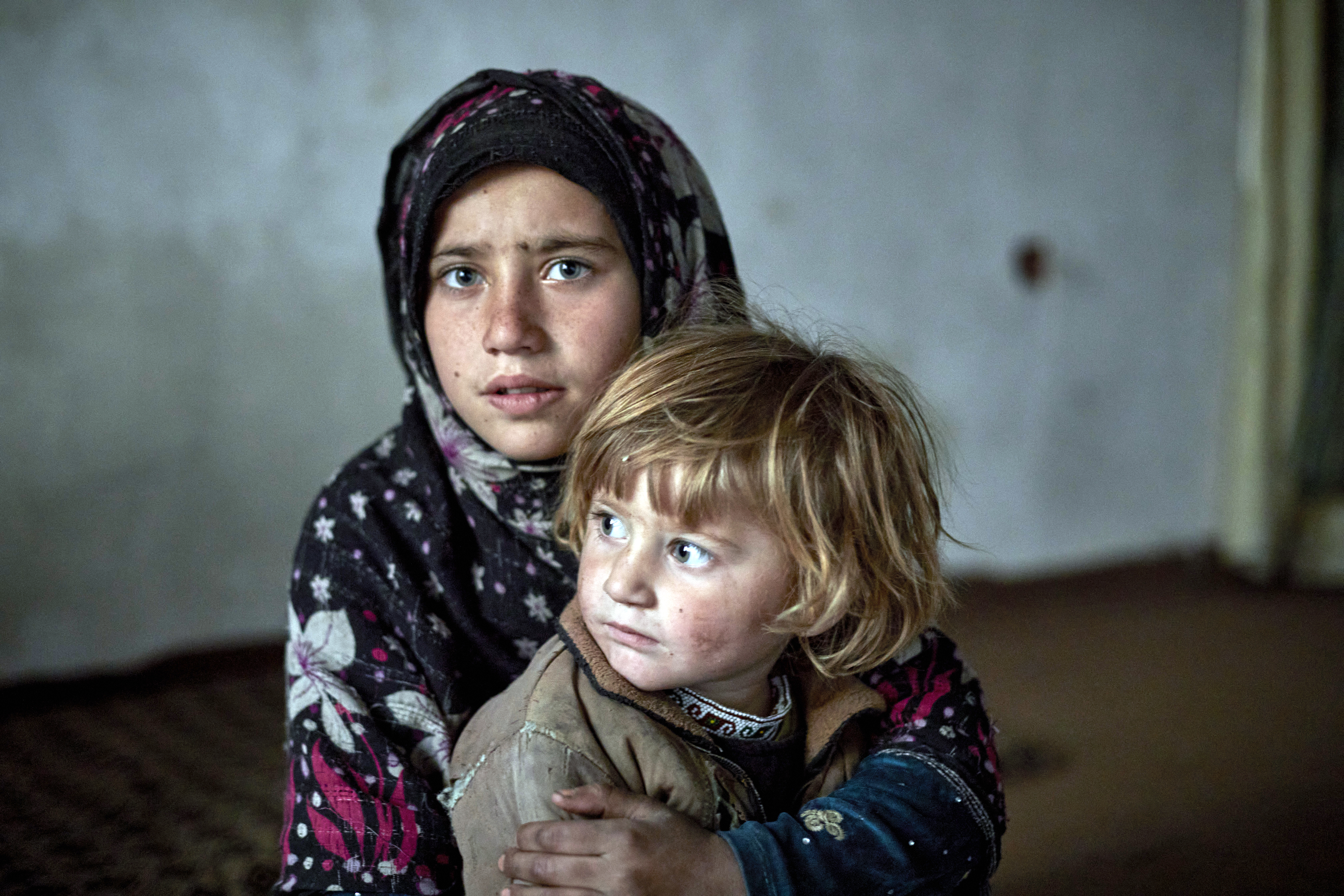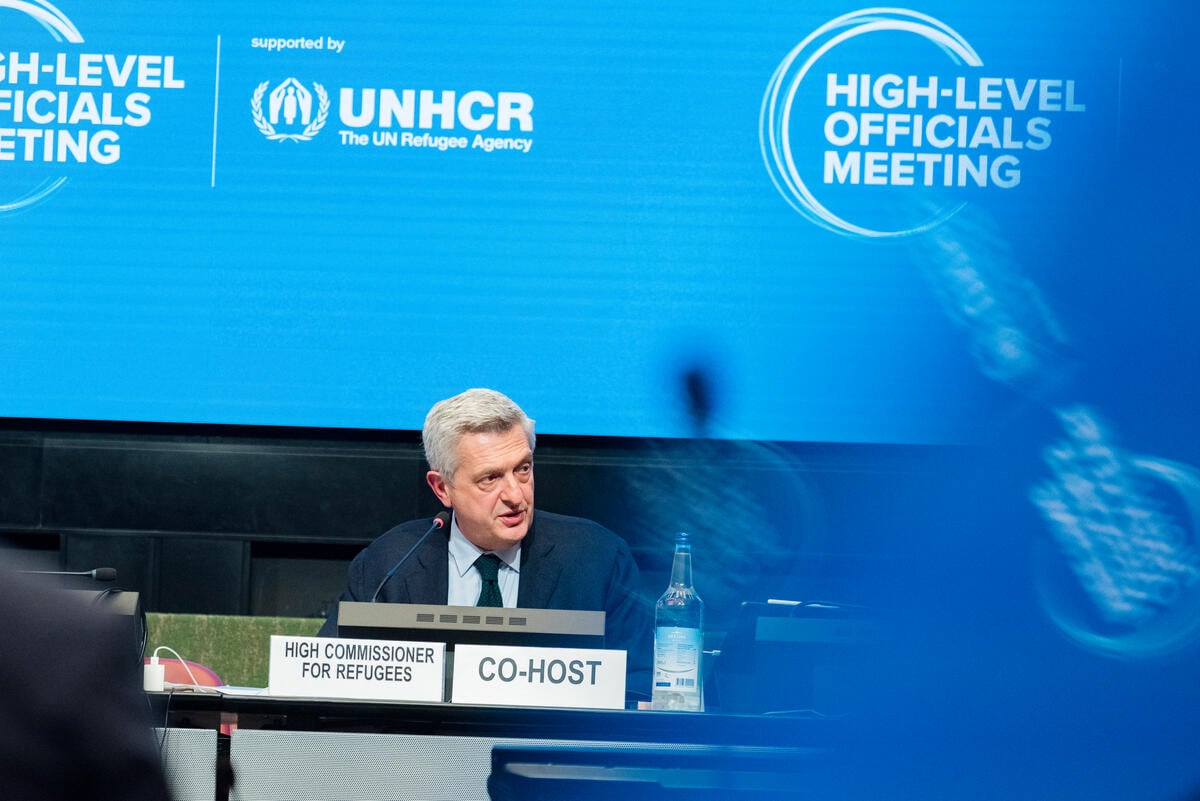Volcanic eruption in Iceland delays resettlement plans of Palestinians
Volcanic eruption in Iceland delays resettlement plans of Palestinians

PARIS, France, April 22 (UNHCR) - A group of Palestinians accepted for resettlement in France after years in a desert camp will have to wait a bit longer to start a new life after their travel plans were disrupted by the huge cloud of volcanic ash drifting across Europe from Iceland over the past week.
The eruption of Eyjafjallajokull played havoc with air travel in Europe, with most countries closing their skies last week because of the spreading ash cloud. Airlines have begun resuming normal flights to Europe in the past two days.
The group of 43 Palestinian refugees, including 18 children, were due to fly on Tuesday from the Iraqi capital, Baghdad, to Paris' Charles de Gaulle Airport via Amman in Jordan. They have been living under harsh conditions in Al Waleed camp on Iraq's border with Syria after fleeing persecution and abuses in Iraq.
The desert refugee camp is lashed by sandstorms and the inhabitants have to live with the danger of scorpions and snakes. It is liable to flooding and extremes of heat and cold. The nearest fully-equipped medical facility in Iraq is more than 400 kilometres away.
The 43 refugees thought they would finally get to escape from the heat, dust and isolation of life in the Iraqi desert this week. Their travel plans, like those of millions of travellers, have been delayed, but with the skies above Europe opening up once more, they should soon be on their way to France.
They are the latest group of Palestinians to benefit from France's programme of resettlement for refugees who live in perilous situations or who have specific needs that cannot be addressed in the country where they have sought asylum.
Under France's current resettlement programme, UNHCR submits 100 cases for resettlement each year. Since this programme was launched in 2008, France has accepted 434 refugees from various nationalities. Under a separate programme, France has resettled 1,200 Iraqis, mainly from religious minorities.
Resettlement is a life-changing experience. It is both challenging and rewarding. Refugees are often resettled to a country where the society, language and culture are completely different to their own. Not surprisingly, many of them encounter difficulties in their country of adoption.
Specialized non-governmental organizations have recently pointed out a number of problems in the French resettlement programme, ranging from insufficient or unsuitable accommodation to lack of French language courses for resettled refugees. Overall, however, the resettlement programme shows the commitment of France to international solidarity and responsibility-sharing.
"Resettlement is one of the three durable solutions on offer to refugees, but only a very small proportion of those in need benefit from it," noted Francisco Galindo-Vélez, UNHCR's representative in Paris. "There are very few countries in the world that give refugees the possibility of starting a new life and we are very pleased that France is one of them."
By William Spindler in Paris, France








